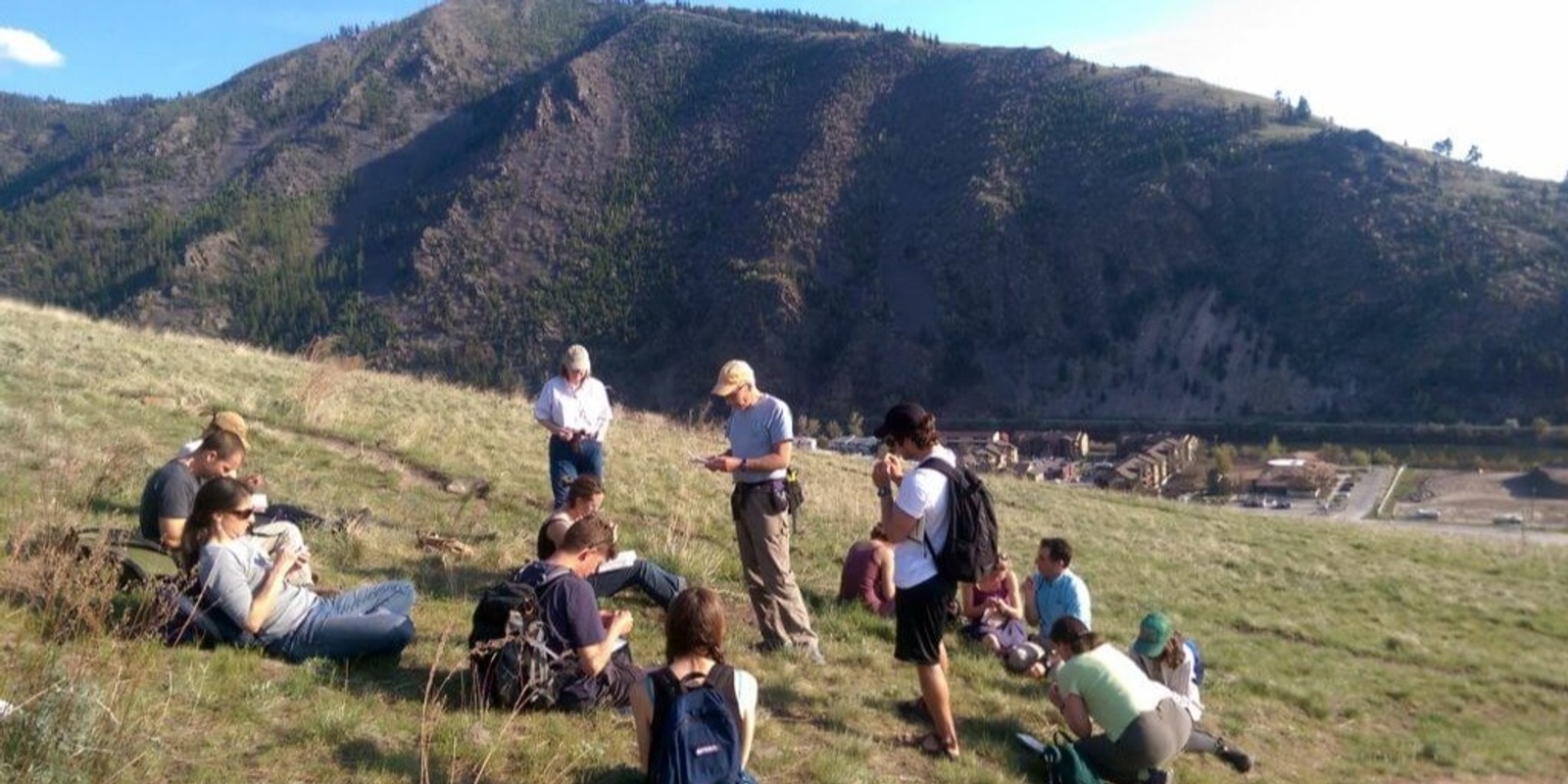Spring 2025 Master Naturalist Course
Event description
Stoke your curiosity, deepen your knowledge of the natural world, & give back to your communities with our spring Master Naturalist Course!
About this event
Spring 2025 Master Naturalist Certification Course
Tuesdays, February 11 – May 6, 10:00 a.m.-1:00 p.m.
Our certification courses consist of at least 40 hours of instruction in a mix of lectures, in-class labs, and outdoor field trips. We’ll cover a wide breadth of topics with the goal of giving you an essential foundation of skill and knowledge on which you can build.
“The course has helped me to be more curious, observant, and connected with my surroundings. I’ve met people who share this passion, their experiences, and curiosity with whom I can wander and wonder.”– 2023 Program participant
Registration for the Spring 2025 Master Naturalist course coming soon.
Taught by MNHC Naturalist Christine Morris, this class:
- is a 12-week course
- runs on Tuesdays from 10:00a.m -1:00 pm (no class March 18, the week of UM’s spring break)
- includes 2 full-day Saturday field trips, 9:00 a.m.-3:00 p.m., tentatively scheduled on February 22 and April 12 and 1 half-day Saturday field trip, 9:00 a.m.- 10:00 p.m. March 29
This course will enable you to interpret the landscape on your own; to pry out its secrets and share those secrets with others; to take in the natural world first hand rather than through a guide. This confidence begins with knowing the details: the names of the local flowers, birds, trees, and butterflies. Throughout the course you will practice specific naturalist skills and gain foundational knowledge that will assist in your engagement with the natural world for years to come.
See our local forests in new light as you learn about the role our conifers play in a coordinated ecology with fire and snow pack moisture. Or marvel in the diversity of lichen. Spend an entire day identifying winter raptors in the Mission valley. Become attuned to bird songs and butterfly wings. Get a handle on flower identification by recognizing patterns in form. Our emphasis will be on learning how to identify local flora, fauna, and landscape processes while gaining insight on how each part is connected.
Knowledgeable guest instructors include botanist and author Peter Lesica, botanist Greg Peters, birder Chadwick Moore, MNHC editor Allison De Jong, and conservation biologist Erim Gomez.
The class will be be based at the Montana Natural History Center. Travel to field sites will be by MNHC bus.
Registration Information:
- Cost: $450/$425 members
- Full payment due upon registration.The course fee (minus a $100 administrative fee) is refundable ONLY if a cancellation is made 30 days before the first day of class. No refunds will be issued for cancellations made after this deadline.
- 3 UM credits available (pending approval). This course is listed at UM ENST 391. A $155 fee is required to the School of Extended and Lifelong Learning to take the class for credit. Payment and information will be collected at the first class.
- Some scholarships are available–please contact us at 327.0405 for details.
Master Naturalist Certification requirements:
- Attend at least 40 hours of instruction.
- Complete journal entries and a final project.
If you want to maintain your certification in years to come (and earn successive Master Naturalist pins), you’ll have to log 20 hours of volunteer service per year with organizations connected with the natural world, as well as 8 hours of continuing education per year.
*If you have a significant background in the natural sciences or hold a Master Naturalist certificate from another state or Montana provider, you may want to start with Master Naturalist II.
For more information on volunteer service & continuing education requirements, click here.
Recommended Materials:
The only required material is a blank journal. We will provide details and recommendations on the first day of class. Everything else can be borrowed or used in class from our supply. Each student will receive a Master Naturalist Handbook.
- binoculars (we have plenty to borrow)
- hand lens or loupe
- blank journal (required)
- micron or small sharpie pen
- colored pencils or watercolor pencils
- bird guide such as Sibley’s Field Guide to Birds of Western North America
- Botany in a Day by Thomas J. Elpel
- plant/flower guide such as Wildflowers of Montana or Plants of the Rocky Mountains
- insect guide such as Kaufman’s Guide to Insects of North America
See sample syllabus here (some elements could be subject to change).
Tickets for good, not greed Humanitix dedicates 100% of profits from booking fees to charity


